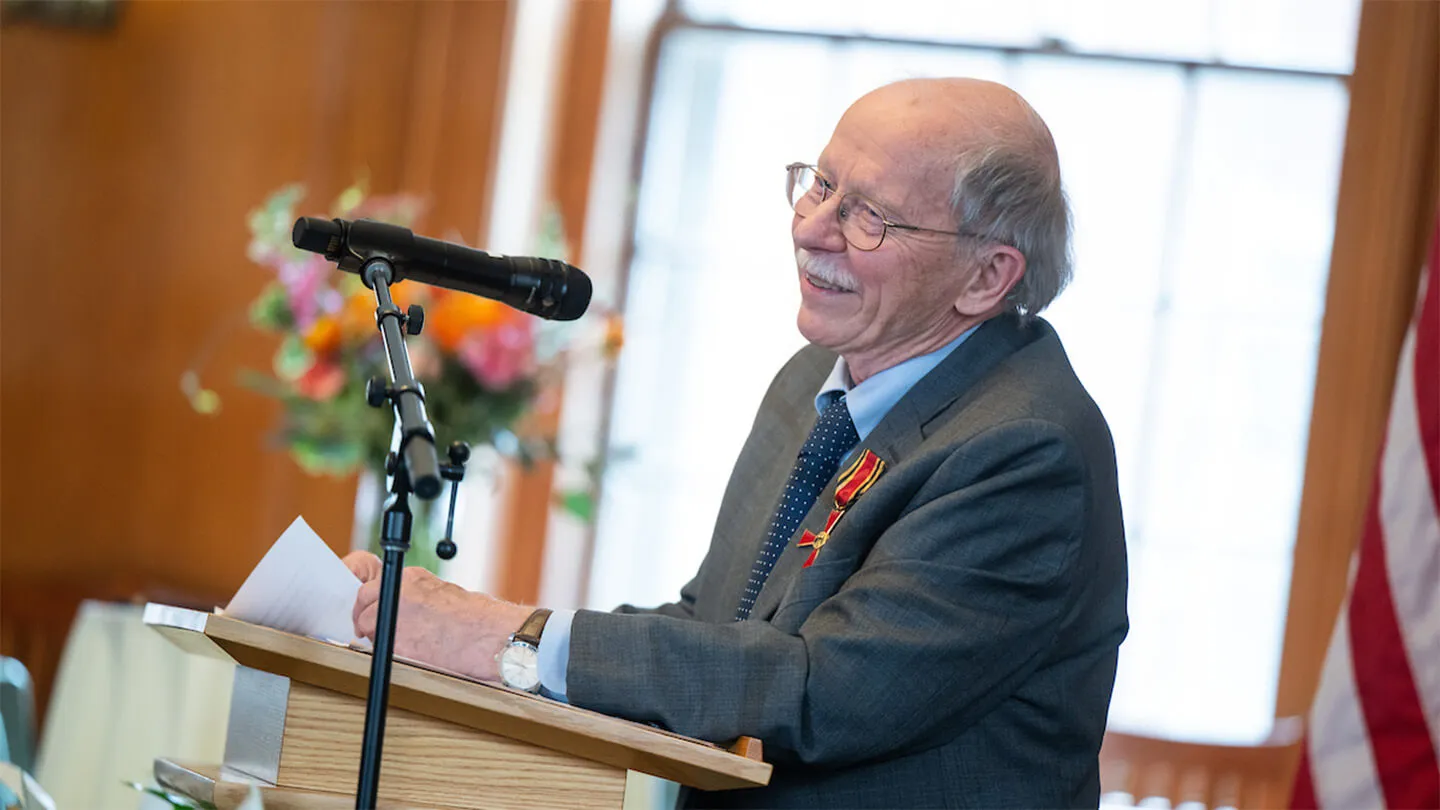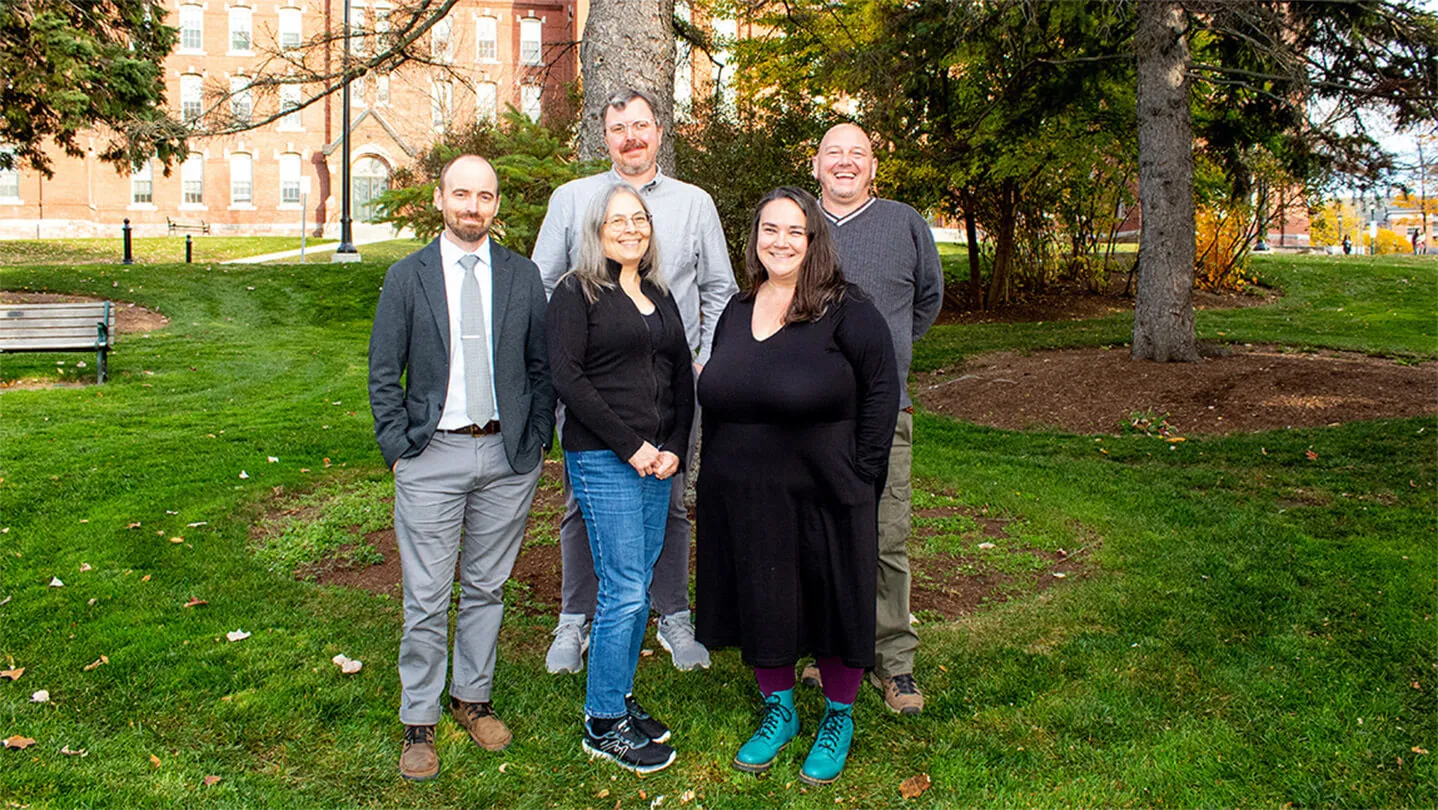School of World Languages and Cultures
The Program in German, Russian, and Hebrew, part of the School of World Languages and Cultures, will connect you to millions of speakers across the globe and prepare you for a career with a global reach! At UVM, our innovative curriculum engages students of German, Russian, and Hebrew in highly relevant contemporary issues. Cultural concerns such as migration, sustainability, and food politics are highlighted across our classes at all levels. Plus, a number of our courses are interdisciplinary so you can foster skills in areas like film studies, comic studies, media production, literary analysis, visual art, and music. So, when you choose to learn German, Russian, and/or Hebrew, you not only discover how to speak a new language, but you also broaden your skillset while exploring key cultural issues.
Why study German, Russian, and Hebrew at UVM?
There are many reasons to take one (or more!) of these languages. Germany and Russia, for example, are countries that possess rich cultural heritages and whose people have made significant contributions to philosophy, music, arts, film, science, business, and technology. Their languages are among the most commonly spoken in the world, and fluent speakers are highly sought after by businesses and the nonprofit sector. Modern Hebrew, which derives from Classical Hebrew (one of the oldest languages in the world), will help you better understand the culture and politics of contemporary Israel, a country of continuing importance on the world stage.




